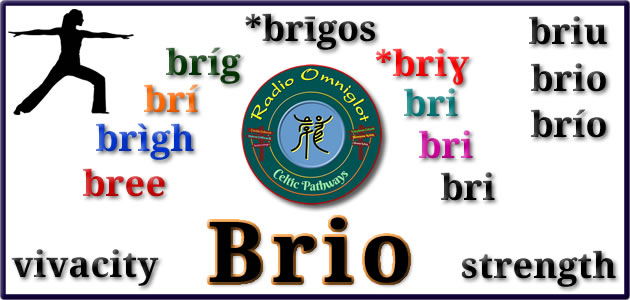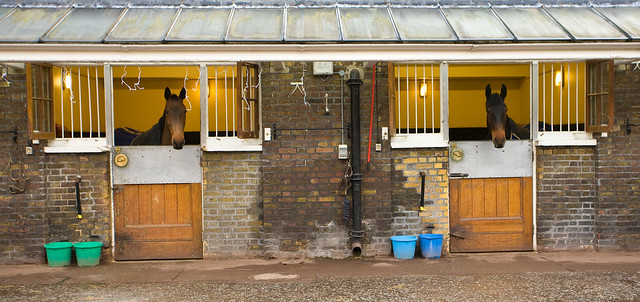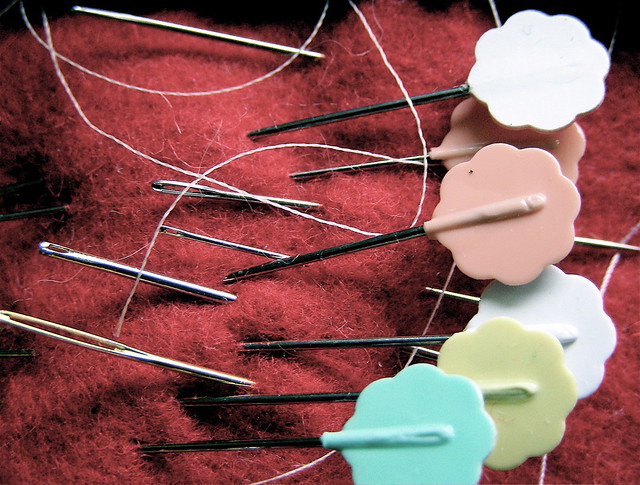Podcast: Play in new window | Download
In this episode we look into the Celtic roots of words for heather in some Romance languages.
The Proto-Celtic word *wroikos means heather. Its origins are uncertain, and it possibly comes from a non-Indo-European substrate source [source].
Related words in the modern Celtic languages include:
- fraoch [fˠɾˠeːx] = heather, heath, moor in Irish
- fraoch [frɯːx] = heather in Scottish Gaelic
- freoagh = heather, heath in Manx
- grug [ɡrɨːɡ / ɡriːɡ] = heather, heath in Welsh
- grug [ɡryːɡ / ɡriːɡ] = heather, heath in Cornish
- brug [bryːk] = heather in Breton
Words from the same Proto-Celtic roots, via Gaulish and Latin, include brezo (heath) in Spanish, breixo (heather) in Galician, brugo (heather) and brughiera (heath, moor) in Italian, and bruyère (heath, heather, brier) in French [source].
Related words in other languages possibly include vřes (heather) in Czech, wrzos (heather) in Polish, viržis (heather) in Lithuanian, and ericaceous (Of or pertaining to the heath family; Acid-loving, acidic) in English [source].
Incidentally, the word heather comes from Old English *hǣddre (heather), from hǣþ (wasteland, wilderness, heath), from Proto-Germanic *haiþī [ˈxɑi̯.θiː] (heath, wasteland), possibly from PIE *kóy-t-os (forest, wasteland, pasture) [source].
Other words from the same roots include heath in English, heide (heath, heathland, heather) in Dutch, Heide (heath, heathland, nation, country) in German [source], and also coed (forest, wood, trees) in Welsh, koos (forest) in Cornish, and koad (wood, forest) in Breton [source].
More about words for Heather, and Trees, Wood(s) & Forests, in Celtic languages.
You can find more connections between Celtic languages on the Celtiadur blog. I also write about words, etymology and other language-related topics on the Omniglot Blog.
Radio Omniglot podcasts are brought to you in association with Blubrry Podcast Hosting, a great place to host your podcasts. Get your first month free with the promo code omniglot.













